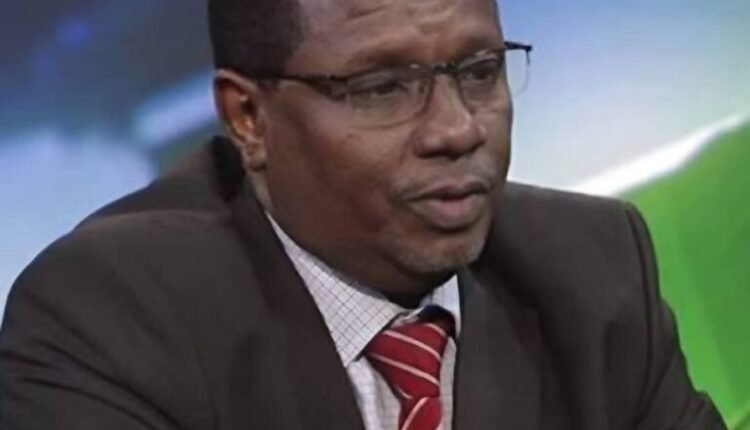From Morocco to Madagascar — What Does Generation Z Want?

Ambassador Atta al-Mannan Bakhit
Both the Republic of Madagascar and the Kingdom of Morocco have, for several weeks, witnessed continuing demonstrations and protest sit-ins in a number of cities organised by groups of young people commonly referred to as “Generation Z”. The youth protests are for the most part peaceful; governments in both countries have sought to handle them with wisdom and patience and have opened channels of dialogue with young people over their legitimate demands.
In Morocco, demonstrators have repeatedly raised public-service demands focused on three core issues: reforming and improving education, supporting health services, and combating unemployment. These are undoubtedly essential demands for society as a whole and lie at the very heart of the state’s responsibilities. In Madagascar, however, the youth set their sights much higher, calling for the president to step down — whether voluntarily or otherwise.
Given the escalation and geographical spread of the youth protests across Morocco, I looked at open statistical sources to examine education and health allocations in Morocco’s 2025 general budget. I found important figures: the education budget this year is roughly nine billion US dollars, while the health sector’s allocation exceeds four billion US dollars. Education and health certainly deserve larger budgets, but these figures are substantial for an African, Third World country — some African states do not even reach these annual sums.
What is happening in Madagascar and Morocco has occurred before in many countries and is likely to happen elsewhere. If we look back, the Generation-Z revolts have erupted in Bangladesh, the Philippines, Sri Lanka and Nepal, with grave consequences that in some cases toppled regimes by force. In Europe and the US, there are presently expressions of solidarity with the oppressed in Gaza and support for their steadfastness in the face of what many call an Israeli campaign of mass destruction. In Africa, similar unrest has appeared before in Senegal, Kenya and elsewhere. This vast youth movement prompts us to ask: who is Generation Z, how do they think, and how should we engage with them so that they become a constructive and positive driving force?
Generation Z is the cohort born in the last decade of the previous century and the first decade of this one — they are the demographic heart of the population that will lead renewal and build the future. Africa is demographically young, and across its generations, youth make up more than 60% of the continent’s population.
What distinguishes Generation Z from previous generations is that it is a pure product of the internet — raised amid smartphones and social-media groups, with a close and powerful relationship to the virtual space. We can say they think digitally, according to the information supplied to them by the media; thus, their modes of thought and their engagement with events differ from previous generations.
The youth demonstrations in Madagascar and Morocco indicate that this generation is very concerned with public services — especially health and education — and with creating a fertile environment for work and production. In other words, this generation possesses a high level of cultural and social awareness and is determined to make its voice heard loudly by society, the state and the world, using accessible and easy means. They are not fond of silence and have little patience; they look for results and expect action, and they dislike empty promises and hollow rhetoric to which politicians are prone as a way of distracting the public. As a result, their style of thinking frequently clashes with that of governments, leading to confrontation.
Because Generation Z differs from prior generations, governments and political parties need to adopt a different approach to dealing with it and direct its energies toward construction, development, and the nation’s renaissance. Generation Z is an aware and practical generation — we need to understand it and trust it.
The most important step is to involve this generation in decision-making: we need to produce young executives and political leaders within parties and governments who understand how this generation thinks — leaders closely connected to technology who recognise that the world is moving in a strikingly digital direction.
In reality, there is a very large gap between generations in the digital, political and executive spheres, and this is a problem confronting most African countries that must be faced with the necessary courage. The principal reason is that Africa is a young continent governed by ageing rulers.
To engage Generation Z we need programme-based parties and governments that present a clear, measurable platform against which they can be held accountable, rather than attractive slogans on paper that prove lies in practice.
Dealing with Generation Z is a major challenge for the continent’s leaders: either we absorb them so they become a constructive force, or they run wild and become an unguided, destructive rocket.
Shortlink: https://sudanhorizon.com/?p=8098

